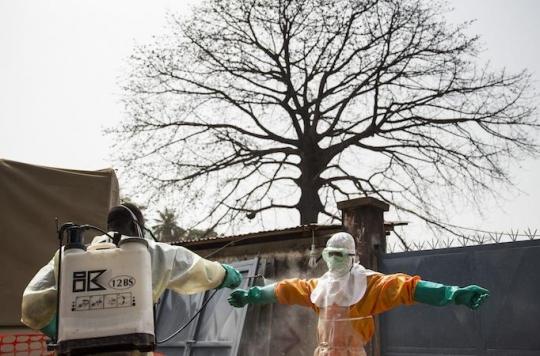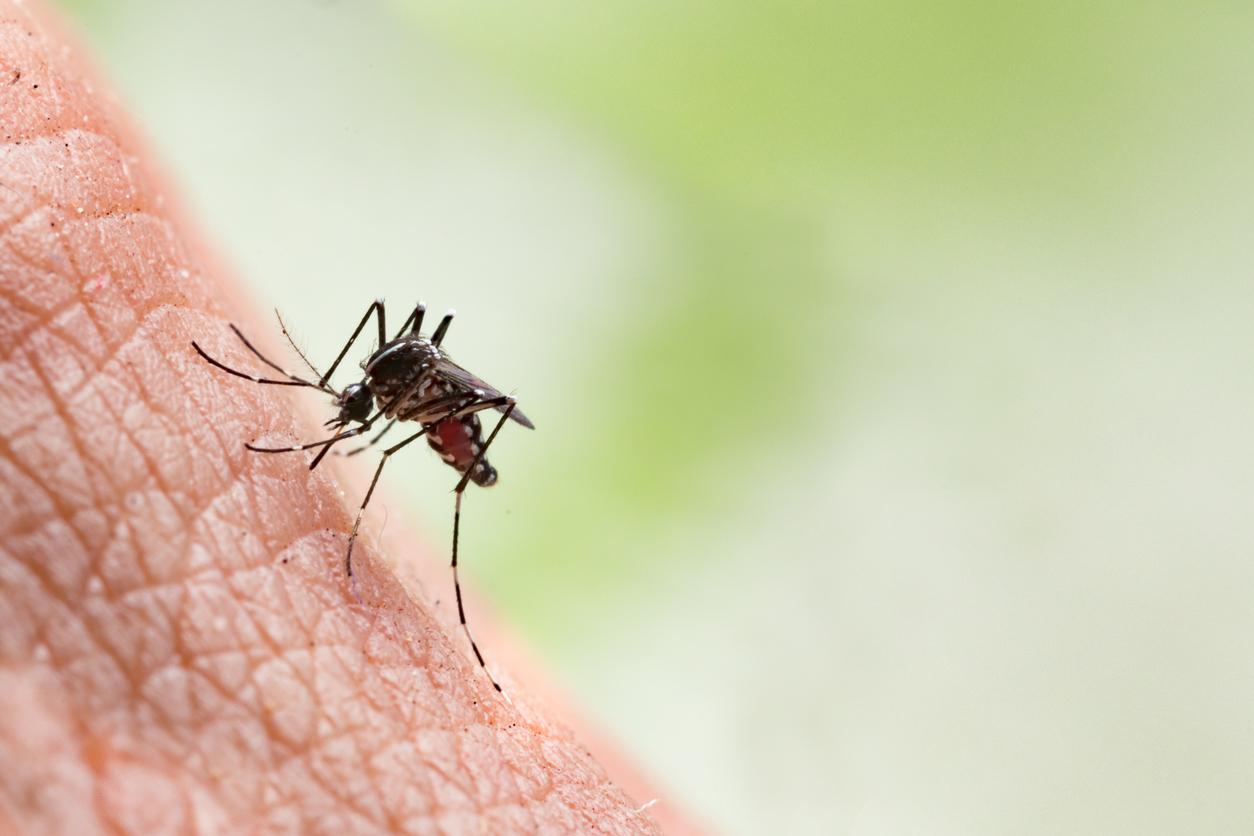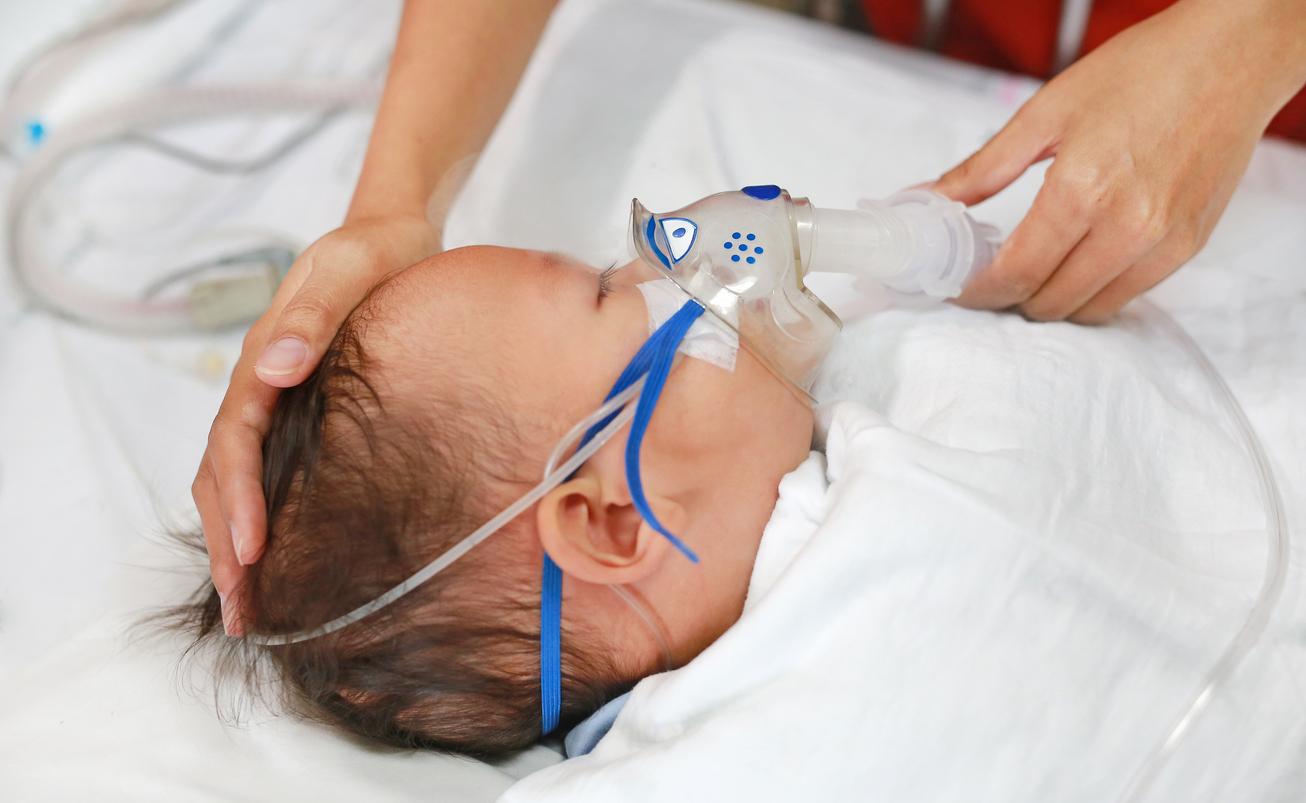An infectious disease has infected 19 people in the space of five days in Liberia. It is not Ebola, according to the country’s health ministry.

The symptoms are classic, the disease less so. In Liberia, 19 people contracted a similar infection in five days. Fever, vomiting, headaches and diarrhoea: these are the manifestations from which they suffer. The exceptional character of affection lies in its identity. Indeed, the health authorities have not managed to put a name to the disease.
Not Ebola
This strange outbreak is taking place in Greenville, located along the Liberian coast 6 hours by car from the capital, Monrovia. Since April 24, about twenty people have developed symptoms of this disease. 11 of them died. At the last report, on April 28, five Liberians remained in hospital. The others were able to leave the establishment where they were treated and returned to their homes.
The care teams have been cautious when caring for these patients. It is equipped with a complete protective clothing that the caregivers went to the bedside of their patients. This is, in fact, to limit the risks of a spread similar to that of the Ebola virus. The epidemic, which raged in Liberia, ended in June 2016 after killing more than 11,000 people.
On the strength of this experience, the country’s hospitals took blood samples and analyzed them. “We are certain that it is not Ebola,” said the spokesperson for the Ministry of Health, Sorbor George, during a press briefing. These same samples will be sent abroad, in order to identify the pathogenic agent.
A trail of propagation
While awaiting results, the Liberian authorities are not taking any risks. They identified all the people who came into contact with the patients. A health intervention team was also deployed on the ground. He will have to investigate the causes of this outbreak. One track already stands out: many patients attended the funeral of a religious leader.
The Ebola epidemic has already demonstrated the high risk of contamination during burials. While corpses are still highly contagious, funeral rites involve washing bodies. A way of propagation all found. The World Health Organization had, at the time, asked communities to favor secure burials. This advice still applies.
.

















